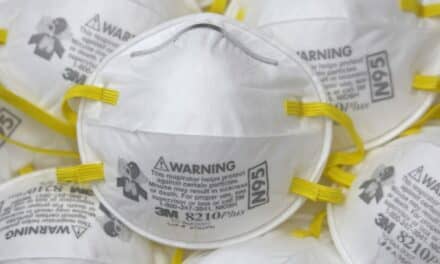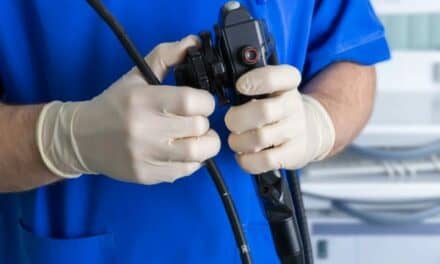Dress it up in fancy word play, but, when you come right down to it, logistics is the art — and the science — of getting the right thing to the right place at the right time. Sure, clinical engineers and biomeds face the same logistical challenges as people in other businesses, but the healthcare industry’s inimitable life-saving aspect gives new meaning to the phrase, “just-in-time.”
 As any biomedical technician knows, fixing the equipment is only half of the battle. Before the technician can even begin to work, he or she needs the right part at the right place at the right time. And as many technicians learned in the aftermath of the Sept. 11, 2001, disaster, getting the right part to where it is immediately needed is often easier said than done.
As any biomedical technician knows, fixing the equipment is only half of the battle. Before the technician can even begin to work, he or she needs the right part at the right place at the right time. And as many technicians learned in the aftermath of the Sept. 11, 2001, disaster, getting the right part to where it is immediately needed is often easier said than done.
Enter the art, and science, of logistics management.
Logistics can be defined in a number of ways. According to Webster’s, it is “the procurement, maintenance, distribution, and replacement of personnel and material.”
The Council of Logistics Management (Oak Brook, Ill.), a not-for-profit professional association for people interested in logistics management, defines it as “the process of planning, implementing, and controlling the efficient, effective flow and storage of raw materials, in-process inventory, finished goods and related information from point-of-origin to point-of-consumption for consumer requirements.”
LogisticsWorld, a directory of logistics resources on the Internet for logistics managers, defines it more simply: “Logistics means having the right thing, at the right place, at the right time.”
Clinical engineers and biomeds face the same logistical challenges as people in other businesses — and then some. Perhaps no industry is more regulated than the medical field: patient-invasive equipment and radioactive substances require close tracking of components, and often serial number tracking is mandatory. And financial concerns require a delicate balancing act between purchasing parts and actually using them. No one can afford to carry an expensive inventory of unnecessary parts, yet clinical engineering departments and biomeds often must have parts immediately, due to the urgent nature of healthcare.
To purchase the full text of this article, click here…




